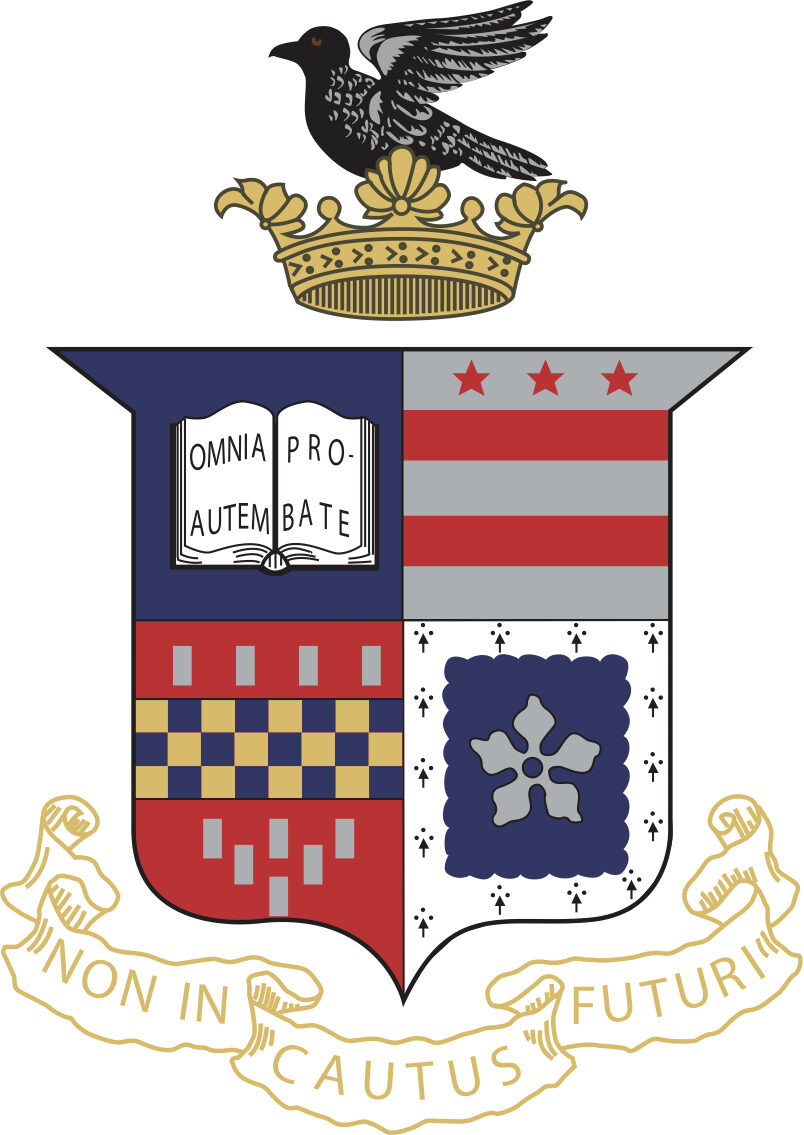One way to think about the “scope” of a case is based on the range of parties who are—or must be—involved in it. The broader a case’s scope in this regard, the more burdensome and costly it can be for plaintiffs to file and the more complicated and time-consuming it may be for a court to adjudicate. Requiring large numbers of parties to be involved in a case can sometimes effectively preclude otherwise meritorious suits from being filed. This is especially true in election law disputes which often arise under harried circumstances and can be subject to strict time constraints.
This Essay explores doctrines courts have applied in recent years that have unnecessarily expanded the scope of certain election litigation. For example, some courts have applied Bush v. Gore’s Uniformity Principle at the remedial stage of election cases. Under this approach, equal protection concerns would arise from allowing plaintiffs to seek relief against allegedly invalid electoral rules only for themselves, rather than for all impacted voters within the jurisdiction. Such reasoning has led some courts to hold that relief is unavailable unless a challenge to election-related legal provisions is brought by, or otherwise on behalf of, all such voters. Because serving as the plaintiff in a case and obtaining a favorable judgment are legally significant distinctions, courts need not expand the scope of election litigation by applying Bush’s Uniformity Principle at the remedial stage.
Other courts have applied standing doctrine to expand the range of defendants who must be involved in election litigation. These jurisdictions have prohibited plaintiffs from suing a state’s chief election officers (such as a Secretary of State or members of a state election board) to challenge a state law, regulation, or other election-related provision which county officials are primarily responsible for implementing or enforcing. They have instead required plaintiffs to identify, serve, and sue each county election administrator throughout the state, often totaling scores of defendants. Courts need not apply standing doctrine in this manner, however, in order to ensure they can redress plaintiffs’ alleged harm. Since state and county election officials work together to conduct elections, Federal Rule of Civil Procedure 65(d)(2) would likely allow a court to enforce an order involving state election officials against their county counterparts. Moreover, the authority of state election officials in most jurisdictions to make rules, issue directives and guidance to county administrators, and otherwise assure uniformity in elections should also generally be deemed sufficient to ensure such state-level defendants can assure compliance with court orders.
